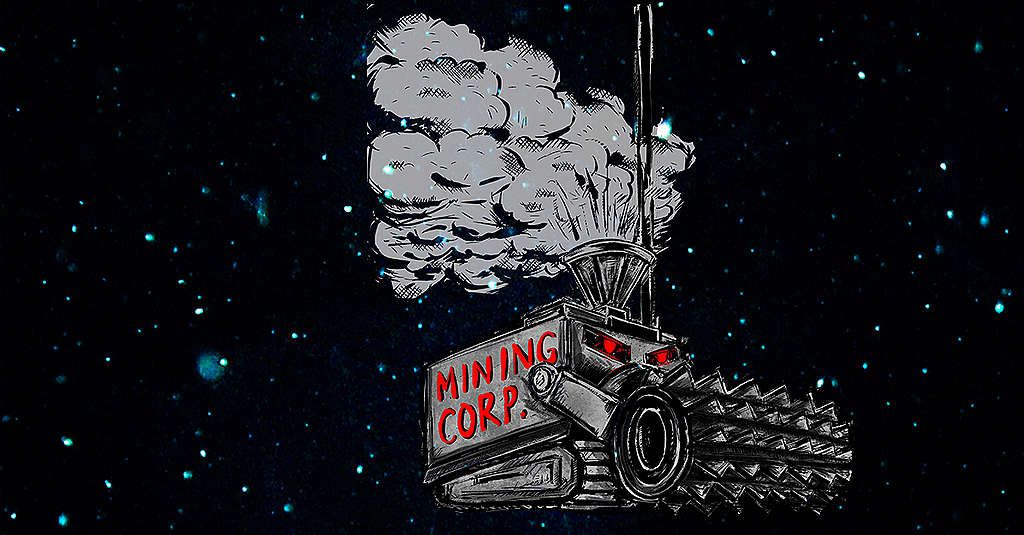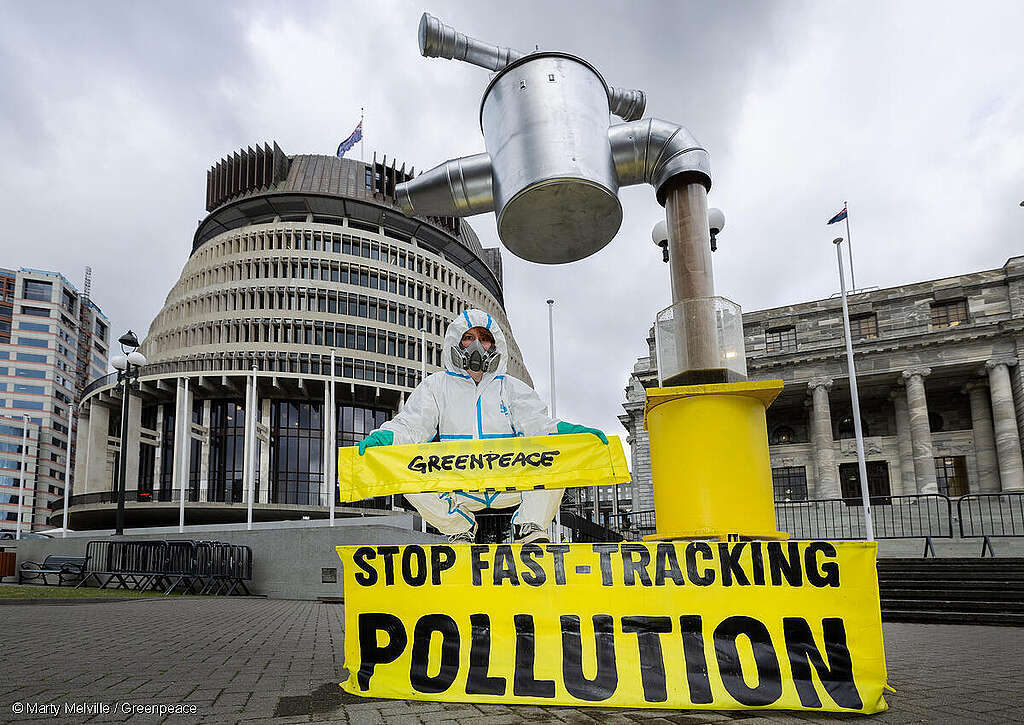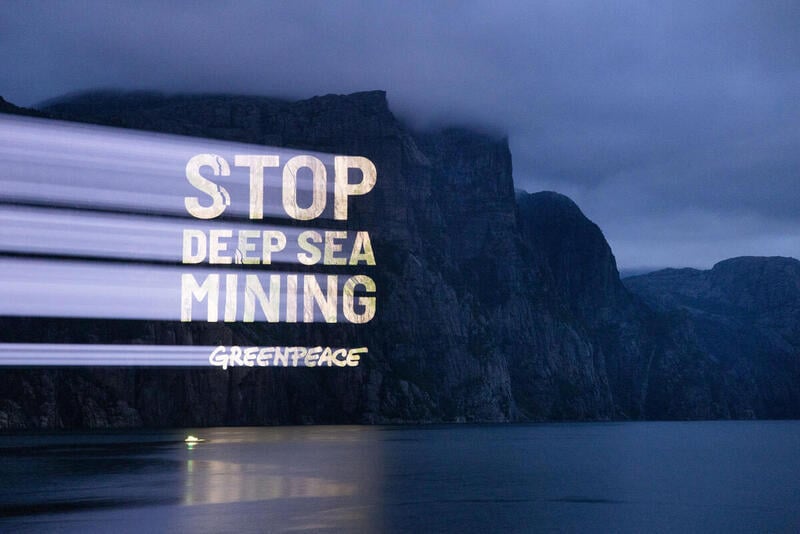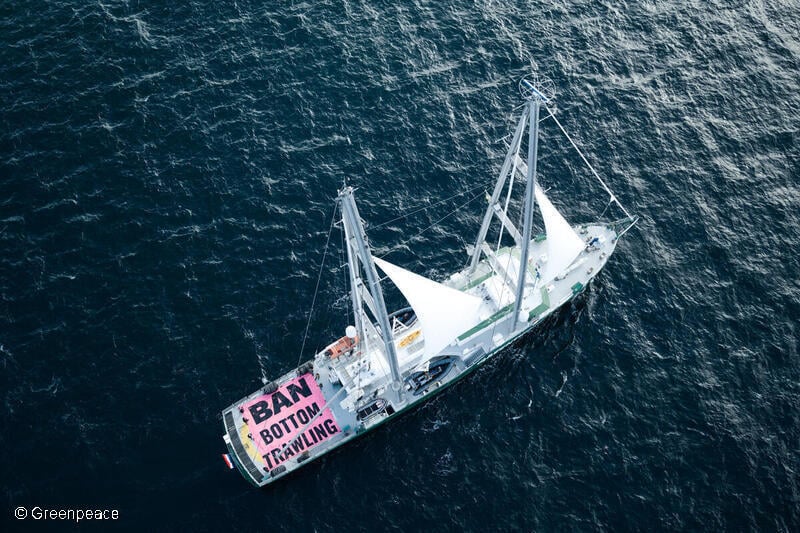The 30th session of the International Seabed Authority (ISA) has ended with Greenpeace saying governments are continuing to fall short in protecting the deep sea.
While high-level representatives from Palau, France and Panama attended to rally the international community, Greenpeace is calling for greater efforts from more governments to put a legal barrier between mining machines and the deep ocean.
Upcoming ISA meetings must secure a moratorium and leave no room for rushed attempts to adopt a Mining Code. Recent developments have made it clear that outstanding political and scientific concerns cannot be hastily resolved under industry-driven pressure.
Louisa Casson, Campaigner, Greenpeace International who attended the meeting, says: “Governments have yet to rise to the moment. They remain disconnected from global concerns and the pressing need for courageous leadership to protect the deep ocean. We call on the international community to rise up and defend multilateralism against rogue actors like The Metals Company. Leaders must respond by establishing a moratorium and reaffirming that authority over the international seabed lies collectively with all States—for the benefit of humanity as a whole.”
Juressa Lee, Greenpeace Aotearoa seabed mining campaigner, says: “Deep sea mining is the latest form of colonisation and extraction. Pacific civil society is overwhelmingly opposed to deep sea mining and must not be ignored in the rush by companies and states based in the Global North to start plundering the ocean.”
While calls for a moratorium on deep sea mining have not yet gained global consensus, they continue to gain momentum, supported by compelling arguments from a diverse group of countries. Croatia has just become the 38th government calling for a precautionary pause, moratorium or ban on deep sea mining.
On Tuesday His Excellency Surangel S. Whipps Jr., President of the Republic of Palau, addressed the Assembly, drawing attention to persistent efforts and intense pressure from the industry to rush the negotiations and finalise a Mining Code. He stated: “Exploiting the seabed is not a necessity – it is a choice. And it is reckless. It is gambling with the future of Pacific Island children, who will inherit the dire consequences of decisions made far from their shores.”
In the first meeting of the ISA since The Metals Company (TMC) submitted the world’s first-ever application to commercially mine the international seabed, governments at the ISA Council responded by launching an investigation into whether mining contractors, including TMC’s subsidiaries Nauru Ocean Resources Inc. (NORI) and Tonga Offshore Mining Limited (TOML), are complying with contractual obligations to act in accordance with the international legal framework.
ENDS

It’s time for New Zealand to take a stand. Join our call on the New Zealand government to back a global moratorium on seabed mining.
Take Action


